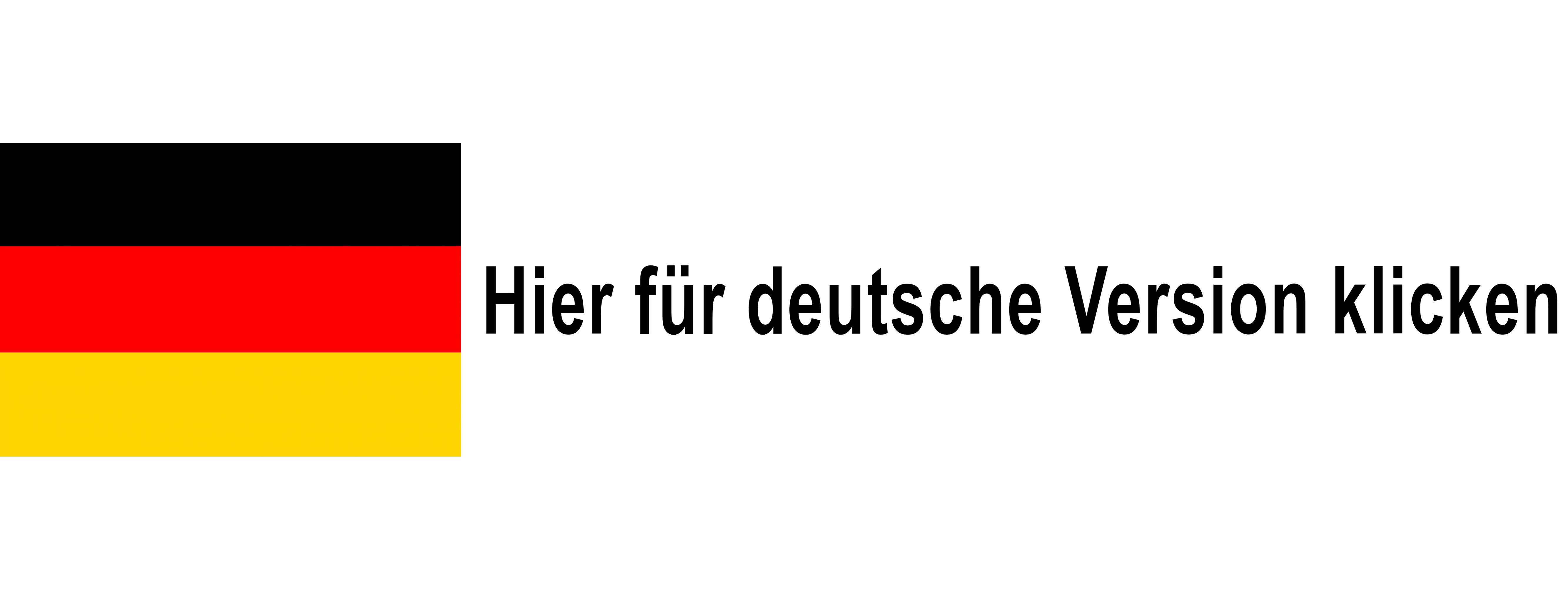- GU Home
- Faculties
- Faculty 03 Social Siences
- Students
- Study Programs at the Faculty of Social Sciences
- Bachelor of Arts Sociology Minor
- Content and Structure B.A. Sociology Minor
- Content & Structure B.A. Sociology Minor - Study Regulations 2015
- Information for Students
- Information for First Semesters
- Information for Prospective Students
- Study Programs at the Faculty of Social Sciences
- Bachelor of Arts Political Science Major
- Bachelor of Arts Political Science Minor
- Bachelor of Arts Sociology Major
- Bachelor of Arts Sociology Minor
- Bachelor of Arts Gender Studies Minor
- Master of Arts Political Science
- Master of Arts International Studies / Peace and Conflict Research
- Master of Arts Political Theory
- Master of Arts Sociology
- Master of Arts Economic Sociology
- Master of Arts Comparative Democracy
- Internship
- Vocational Orientation
- Examinations and Examination Office
- Student Counselling
At a Glance
|
Standard period of study: |
6 semesters (3 academic years) |
|
Programme start: |
Winter semester |
|
Admission restrictions: |
Admission to the programme is restricted. |
|
Main Subject: |
Scale: 120 credit points (CP) |
|
Minor subject: |
Yes, one on a scale of 60 CP (electable minor subjects) |
|
Number of modules (Main Subject): |
9 compulsory modules, 3 compulsory elective modules |
|
Module examination formats: |
Term
paper |
|
Language(s) of instruction: |
German, English |
|
Programme Director |
Modules & Content Structure of the B.A. Sociology Major Programme
The B.A. programme Sociology Minor is divided into 5 modules (3 compulsory modules, 2 compulsory elective modules). A module is a self-contained thematic unit consisting of several courses.
In detail, the B.A. Sociology Minor consists of the following modules:
| Module name | Module content | CP |
| Module 1: Propaedeutics | Students acquire an initial orientation, practical experience and knowledge related to:
For this purpose, you attend the lecture and a tutorial on scientific work. The module ends with a term paper. | 10 |
Module 2: Sociological Theory | The students acquire knowledge related to
Students acquire the ability to
Students must prove active participation in two proseminars and take a final module examination. | 10 |
| Compulsory elective area: Two modules are selected from modules 3 to 6. One of the two final module examinations must be taken as an oral examination (30 min). The other module final examination in the compulsory elective area (modules 3 to 6) must be taken as a written examination or term paper. | ||
| Module 3: Social Structure and Social Inequality | Students acquire knowledge related to
In these courses, students acquire the competence to
| 13 |
| Module 4: Culture, Subject, Identity | The students acquire knowledge related to
The students acquire the competences to
| 13 |
| Module 5: Economics and Technology - Labour and Organisation | Students acquire knowledge related to
Students acquire the ability to,
| 13 |
| Module 6: Gender, Migration, Knowledge Production | The students acquire an initial orientation and knowledge related to
Students acquire the competences to
| 13 |
| Compulsory module: Specialisation | ||
| Module 7: Specialisation | Students deepen their thematic, methodological or theoretical knowledge in one of the five compulsory elective areas, or alternatively choose courses from a research focus of the entire department. In this module, teaching can be particularly research-oriented, which supports the academic imprint of the graduates. The specialisations serve as content orientation in preparation for the BA thesis. The students acquire the ability to
Students must prove active participation in three seminars (advanced courses) and take a final module examination. | |
Contact
Dipl.-Soz. Alexander Simon
Student counselling for B.A. programs in Political Science and
Sociology / Student counselling for M.A. programs / M.A. admission /
B.A./M.A. internship counselling
E-Mail:
studienfachberatung.fb03@soz.uni-frankfurt.de
PEG Room 2.G 133
Open consultation hours:
Tuesday 11a.m - 1p.m.
Thursday 11a.m. - 1 p.m.
In lecture free time only on Tuesdays
Open telephone consultation hours:
Wednesday 11a.m - 1p.m.
or by individual arrangement
Goethe-University
Department 03
PEG-Building
Theodor-W.-Adorno-Platz 6
60323 Frankfurt am Main
- Studying at Goethe University
- International applicants
- Faculties
- Overview of study programmes
- Programme for refugees
- GRADE
- Goethe Business School (continuing education)
- Research at Goethe University
- Scientific news
- Goethe Welcome Center (for international researchers)
- Collaborative research projects
- Individual research
- Visiting fellowships
- Endowed chairs
- About the University
- News-in-brief
- University administration
- Campus locations
- Campus life
- University archives (German)
- Rhine-Main-Universities









